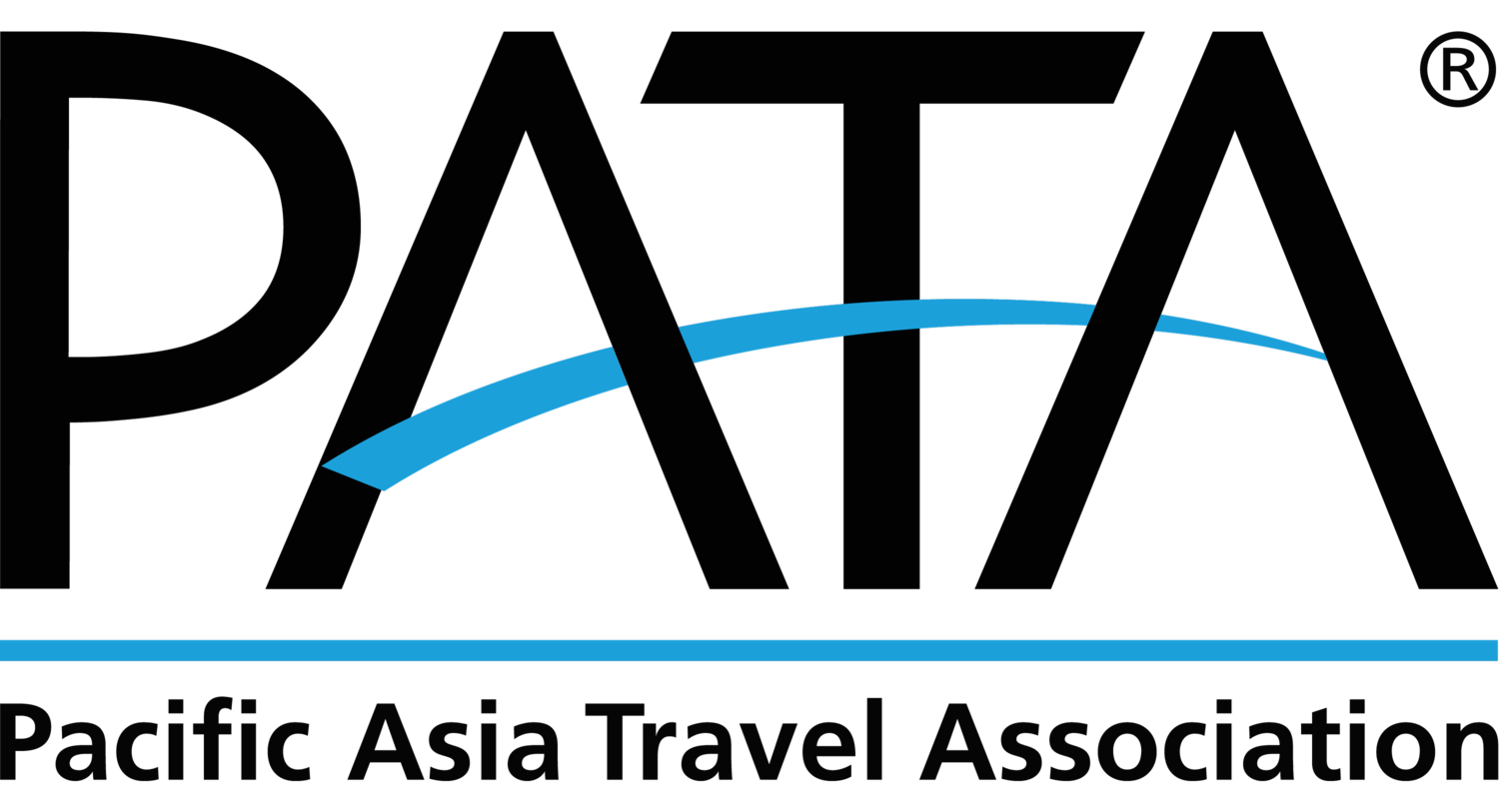IATA Welcomes Updated ICAO CART Guidance
Montreal, 11th November, 2020 - The International Air Transport Association (IATA) welcomes the publication on the second edition of Take-off: Guidance for Air Travel through the COVID-19 Public Health Crisis by the International Civil Aviation Organization’s (ICAO) Council Aviation Recovery Task Force (CART).
The CART brings together the expertise of ICAO, public health authorities, individual member states, and industry bodies to support. Under its leadership, the first edition of the Take-off guidance was issued in June 2020 in response to the COVID-19 pandemic and provided the groundwork for the multi-layered biosafety measures already implemented by the industry, such as physical distancing, the wearing of face coverings or masks, routine sanitation and disinfection, health screening, contact tracing and passenger health declaration forms.
The following three recommendations are being added to the Take-off guidance with the full support of IATA:
COVID-19 Testing:
With some States considering the use of testing and with the availability of improved COVID-19 testing technology, there is a need for guidance material to facilitate harmonization. This is being developed in a Manual on Testing and Cross Border Risk Management Measures and will be a key enabler of IATA’s call for systematic testing before departure for international travelers.Public Health Corridors or Travel Bubbles:
ICAO is asking States which are considering the formation of a Public Health Corridor (PHC, more commonly known as travel bubbles) to actively share information with each other to implement these in a harmonized manner. To facilitate implementation of PHCs, the ICAO Implementation Package (iPack) on establishing a PHC is available to States.Extending regulatory alleviations till 31 March 2021:
While maintaining the highest standards for safety, COVID-19 has forced the industry to temporarily adapt certain regulatory processes, especially those related to staff qualification and training. Unless circumstances dictate otherwise, the Take-off guidance recommends that such alleviations should not be extended beyond 31 March 2021. It is essential that States consider flight crew as ‘key workers’ to benefit from PHC and are encouraged to enable access to medical and training facilities. This includes flight simulation training devices used for flight crew to maintain certifications, recency of experience and proficiency for licensed personnel.
“The public should be reassured. The Take-off guidance will keep flying safe through this pandemic with recommendations that combine the best advice of public health authorities such as the World Health Organization with the technical expertise of aviation regulators and operators. By addressing the need for harmonized COVID-19 testing requirements as part of a multi-layered approach, CART is also contributing to building confidence among governments to manage the risks of COVID-19 importation while removing barriers to travel such as quarantines. The aim is to safely reconnect the world and these recommendations are moving us forward”, said Alexandre de Juniac, IATA’s Director General and CEO.
For more information, please contact:
Corporate Communications
Tel: +41 22 770 2967
Email: corpcomms@iata.org
Notes for Editors:
IATA (International Air Transport Association) represents some 290 airlines comprising 82% of global air traffic.
You can follow us at twitter.com/iata for announcements, policy positions, and other useful industry information.
